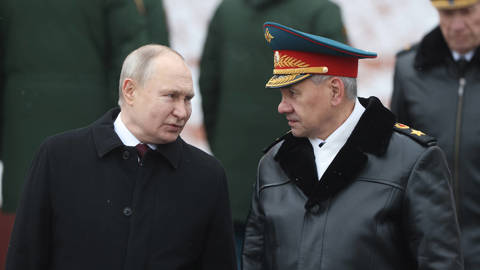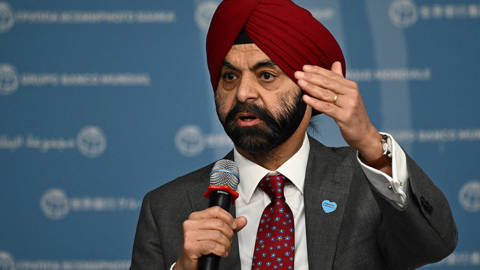Raghuram G. Rajan
Raghuram G. Rajan, former governor of the Reserve Bank of India, is Professor of Finance at the University of Chicago Booth School of Business and the author, most recently, of Monetary Policy and Its Unintended Consequences (The MIT Press, 2023).
-
The Danger of Forgetting the 2023 Banking Crisis

The Danger of Forgetting the 2023 Banking Crisis
Feb 8, 2024 Raghuram G. Rajan & Viral V. Acharya worry that smaller banks’ troubles remain unresolved, and that the episode perpetuated moral hazard.
-
Raghuram G. Rajan on inflation, financial risks, interest rates, and more

Raghuram G. Rajan on inflation, financial risks, interest rates, and more
Jan 9, 2024 Raghuram G. Rajan says when the US Federal Reserve might start cutting rates, considers how to mitigate monetary-policy spillovers, proposes measures to boost financial stability, and more.
-
The World Needs a Humble Approach to Central Banking

The World Needs a Humble Approach to Central Banking
Dec 8, 2023 Jacob Frenkel, et al. explain why monetary policymakers must accept a deliberately narrow mandate.
-
When More Financial Regulation Is Not Better

When More Financial Regulation Is Not Better
Oct 31, 2023 Raghuram G. Rajan warns that higher capital requirements for banks become counterproductive beyond a certain point.
-
The Populist Advantage

The Populist Advantage
Aug 18, 2023 Raghuram G. Rajan explains why so many previously discredited economic policies have become easier to sell to the public.









